Table of Contents
Moderates and Extremists:
Congress was founded in 1885 A.D. At first, its leaders were liberal and they did not intend to launch a struggle against the British government. They were in favour of having their demands accepted through constitutional and peaceful means. These moderate leaders held on till 1905 A.D. But in the meantime, some events had taken place which guided some leaders of the Indian National Congress to give up the liberal peaceful policy and take to the path of struggle. These leaders included Bal Gangadhar Tilak, Bipin Chandra Pal, Lala Lajpat Rai and Aurbindo Gosh. They were known as the Extremists. In the Surat session of the Congress (1907 A.D.) a split occurred between the Moderates and Extremists leaders of the Indian National Congress. But as the number of extremists leaders was comparatively small, the moderates had the upper hand.
Main Points of Disagreement between Moderates and Extremists:
Chief points of disagreement between the views and policies of the two groups of the leaders of the Indian National congress were as under-
- The Moderates wanted to remain loyal to the British Government while the extremist chose to be hostile.
- The Moderates had faith in the sense of justice of the British Government. They were of the view that the British were very honest and just. But the Extremists had no such faith and doubted their integrity.
- The moderates were in favour of the economic and social development of the Indian people under the control and supervision of the British Government while the Extremists believed that India cannot progress keeping any sort of relation with Britian.
- The Moderates wanted to give priority to the economic uplift of the Indian people to their political progress. But the Extremists were in favour of achieving political freedom first. They had come out with the slogan. Freedom is our Birth-right. They were of the view that without political freedom economic uplift could not be achieved.
- The Moderates were in favour of adopting peaceful means while the Extremists supported violent means.
- The Moderates supported constitutional ways i.e. requests, memoranda, letters and speeches etc. to have all of their demands fulfilled. But on the other hand, the extremists considered that liberty is never begged but snatched. They aimed at opposing every wrong move of the British Government. Discarding request and speeches, they highlighted sacrifices and struggle. The used Boycott and Swadeshi as very powerful tools to compel the government to grant freedom or Swaraj to the Indian people.
- The British Government was lenient towards the moderates while it was having a very harsh and inimical attitude towards the extremists.
Part Played by the Extremists in Indian National Movements:
The Extremists (i.e. Lok Manya Bal Gangadhar Tilak, Lala Lajpat Rai, Bipin Chandra Pal, Aurbindo Gosh, Ashwini Kumar Datta etc.) inspired the Indian people with a spirit of nationalism through the Swadeshi Movement and the Boycott Movement. As a result, people developed hatred towards the British rulers and their goods as also they came to be bolder and outspoken.
Causes of more popularity of the Extremists than the Moderates:
- The extremists were devoted to Indian culture while the moderates mostly praised the western culture.
- The British government did not accept any of the major demands of the Moderates. As a result, the Extremists won more popularity.
- The Extremists openly criticized the British government policies in a bitter language while the moderates hesitated to do so.
- The country suffered severe famine and dangerous epidemics between 1896 and 1900 A.D. The government took no measure of relief to help the suffering masses. Consequently, the people lost all faith in the British Government and extended full support to the Extremists.
- The government committed untold excesses and cruelties on the Extremists. They were beaten, jailed and deposited. It was natural that popular sympathy should be with them.
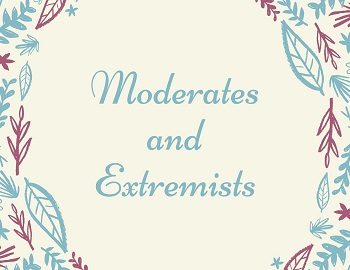
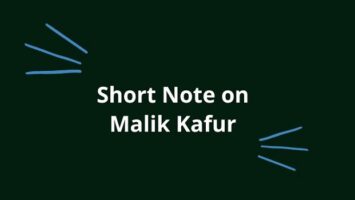

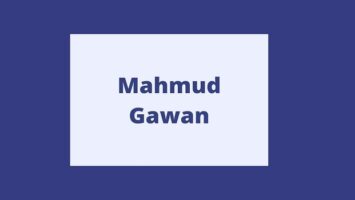
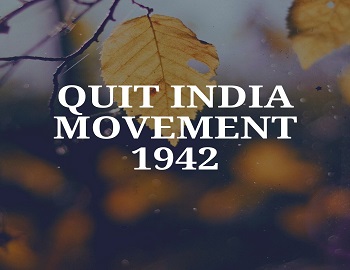
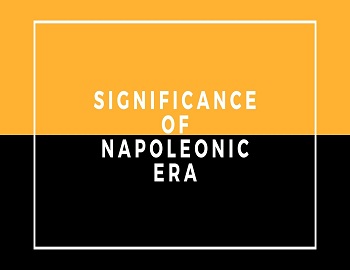

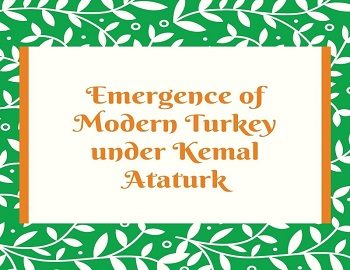
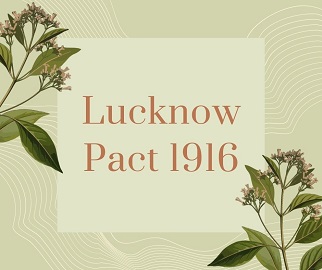
Comments (No)